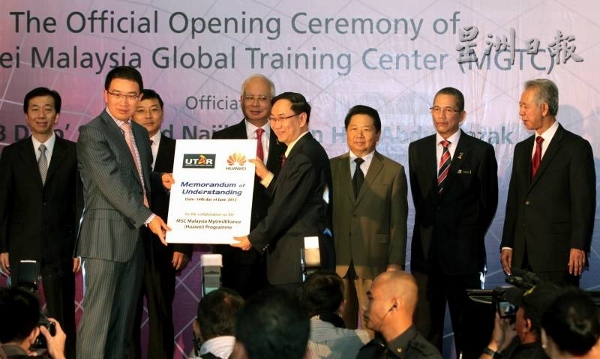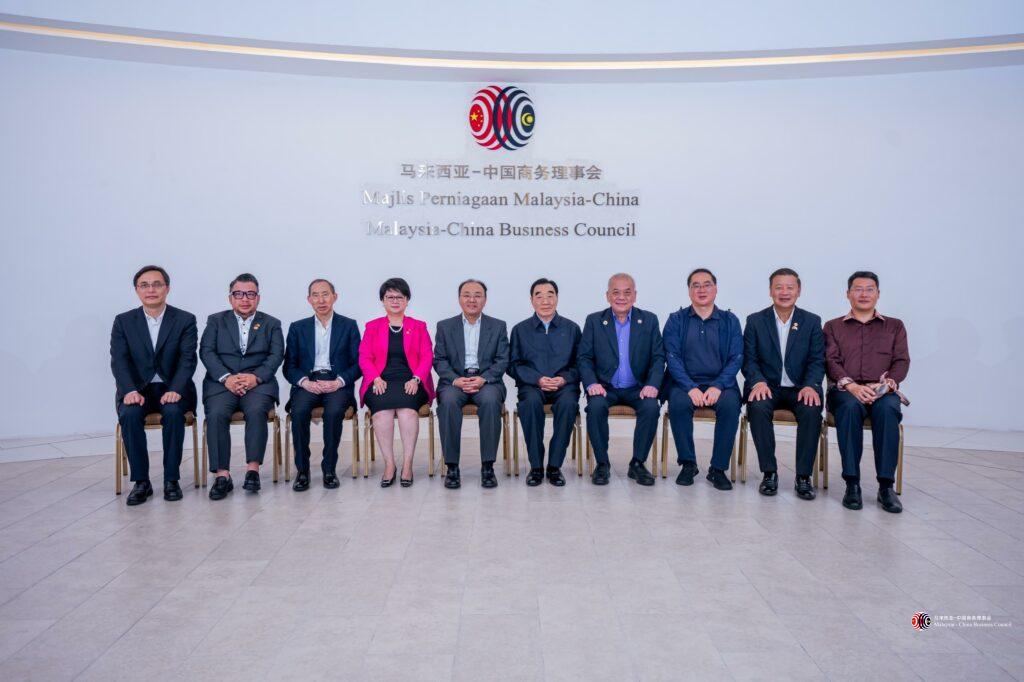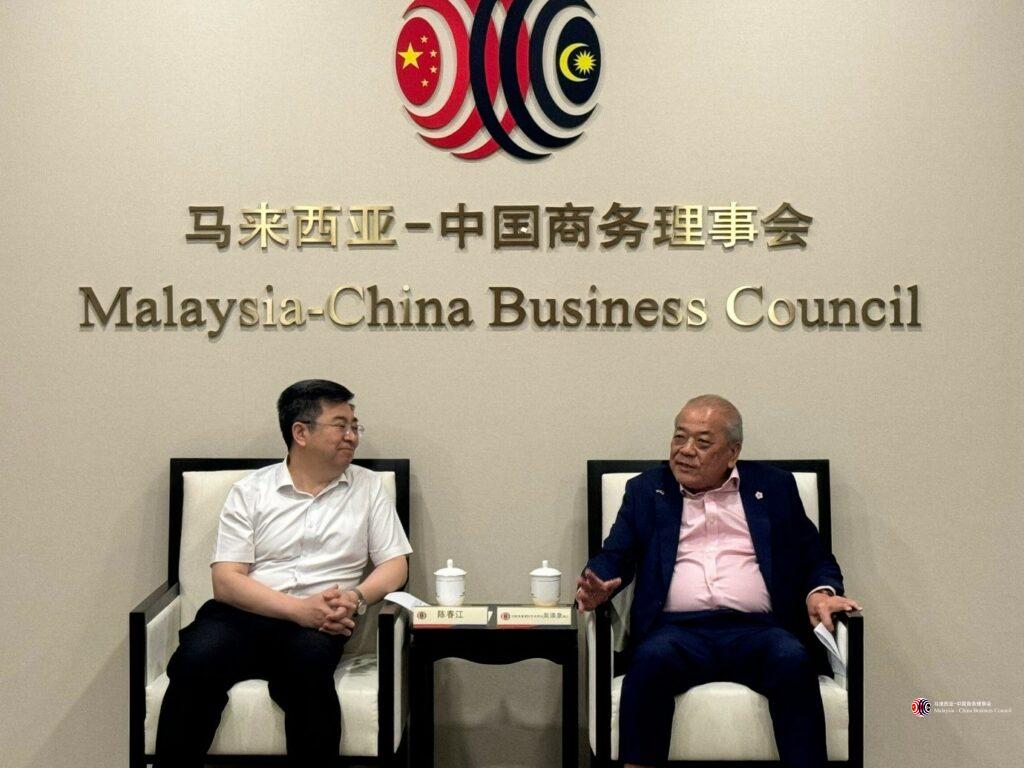(雪兰莪‧赛城14日讯)首相拿督斯里纳吉今日说,中国华为公司在大马设立首个海外全球培训中心,象征马中的双边贸易和投资关系获得进一步加强和深化。
他说,该中心的成立將能协助培育训练有素和熟练的新一代马来西亚人。
纳吉今日为中国电信设备公司华为大马全球培训中心主持开幕仪式致词时,发表谈话。
华为产品遍及140国家
他说,华为在中国以外的地方设立全球培训中心,标志着该公司另一个重要的里程碑,该公司自25年前在深圳成立以来,如今已成为产品遍及140个国家,全球首屈一指的资讯通讯工艺解决方案供应商。
他说,华为选择在大马设立培训中心,除了是我国的殊荣外,也反映大马在全球市场的角色日益重要。
指大马处先进国边缘
“但这並不是偶然的,是政府谨慎和智能化管理的直接结果,我国已从一个农基国家摇身一变成为现代化和充满活力的经济体,这意味着我国已位处先进国的边缘。
“不过,好比马拉松选手,不论年轻或年老,都能证明,竞赛在接近终点时並不容易,我们就进入了转型的最关键阶段,我们面对相同的挑战。”
他说,我国尽一切的努力培育知识密集和创新为主导的经济,经济转型计划因而产生。
助大马数码转型
他说,经济转型计划的目标是简单的,就是要推动成长、投资和制造商业机会,但它绝不会忽略了考量现代经济的复杂性,尤其是数码科技在我们的生活中,不论是商业、娱乐到沟通和社交方面发挥越来越大的影响。
他说,数码转型大量依赖高素质专才和熟练工人,政府因而在4月推展了2020年专才蓝图,政府需要私人界,不论是本地工业或外资的参与,华为於是在去年挺身与政府签署了协议,在5年內为大马培训1万名资讯通讯工艺和电讯专才。
他说,全球训练中心將为华为在亚太平洋区、中东、非洲和拉丁美洲的客户提供最新的电讯和资讯工艺培训,预料在2020年可贡献12亿令吉的国民总收入。
他说,华为也举办了3项专才计划,包括设立华为参考培训实验室、与10家本地大学的导师提供培训和课程课件等,以及推展完整的人力资本发展计划。
他希望其他私人公司也倣效华为,为大马培训相关领域的专才。


文章转引自:马来西亚《星洲日报》。CYBERJAYA: Datuk Seri Najib Tun Razak has opened the first Huawei global training centre outside China that will put Malaysia on the world map of ICT players.
The Huawei Malaysia Global Training centre here is aimed at positioning Malaysia as the venue for global professional training in the next generation of ICT technologies.
The Prime Minister said the facility would provide training to Huawei’s global customers from the Asia-Pacific region, the Middle East, Africa and Latin America.
“The fact that Huawei chose Malaysia over 140 countries to build this centre is a great honour,” he said.
“But I would like to think that it is a reflection of the increasingly important role we play in the global marketplace.
“All these initiatives by Huawei are expected to contribute a total of RM1.2bil in gross national income by 2020,” he said here yesterday.
Huawei is a leading global ICT solutions provider with about 150,000 employees and its revenue last year stood at US$35bil (RM111bil). Among its clients are 45 of the world’s top 50 telecommunication operators.
Najib said Malaysia was entering a crucial phase of transformation where the challenges did not get any easier as it aimed to become a developed nation by 2020.
“That is why, in making that final push, Malaysia must make every effort to cultivate a knowledge-intensive and innovation-led economy
“To this end, I introduced the Economic Transformation Programme which identifies 12 key areas with the potential to drive economic growth and 131 Entry Point Projects to kick-start development across those sectors.
“The ETP’s aim is simple: To drive growth, investment and create jobs without neglecting to take into account the complexity of modern economy and, in particular, the fact that digital technology continues to exert an increasing influence in every aspect of our lives from business and entertainment to communications, content and infrastructure,” he said.
Najib added that the digital economy now accounted for more than a third of global trade while total worldwide ICT spending was expected to grow by 3.7% to US$3.8tril (RM12.1tril) this year.

SOURCE: The Star



